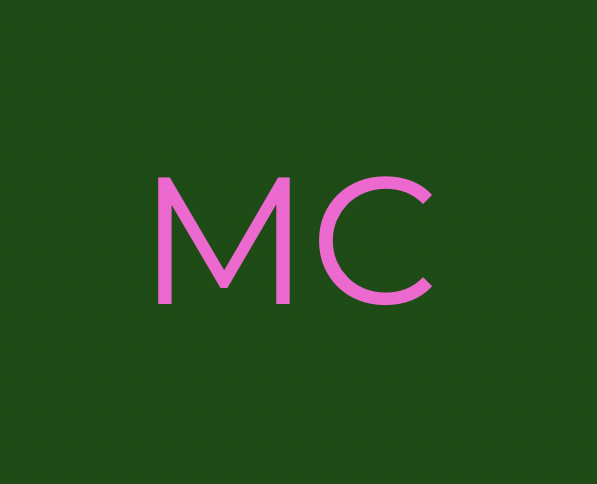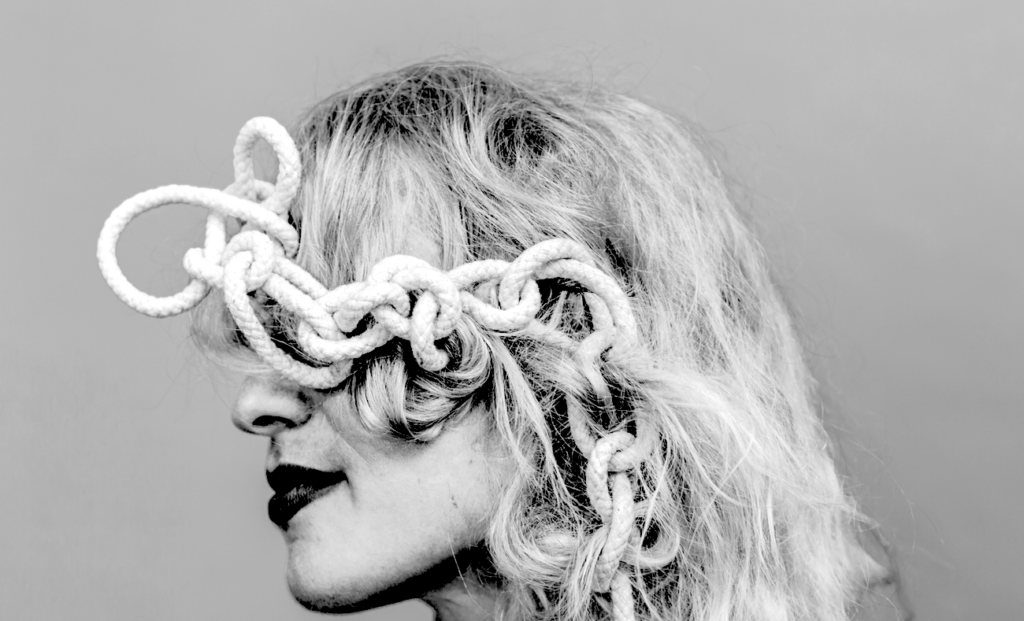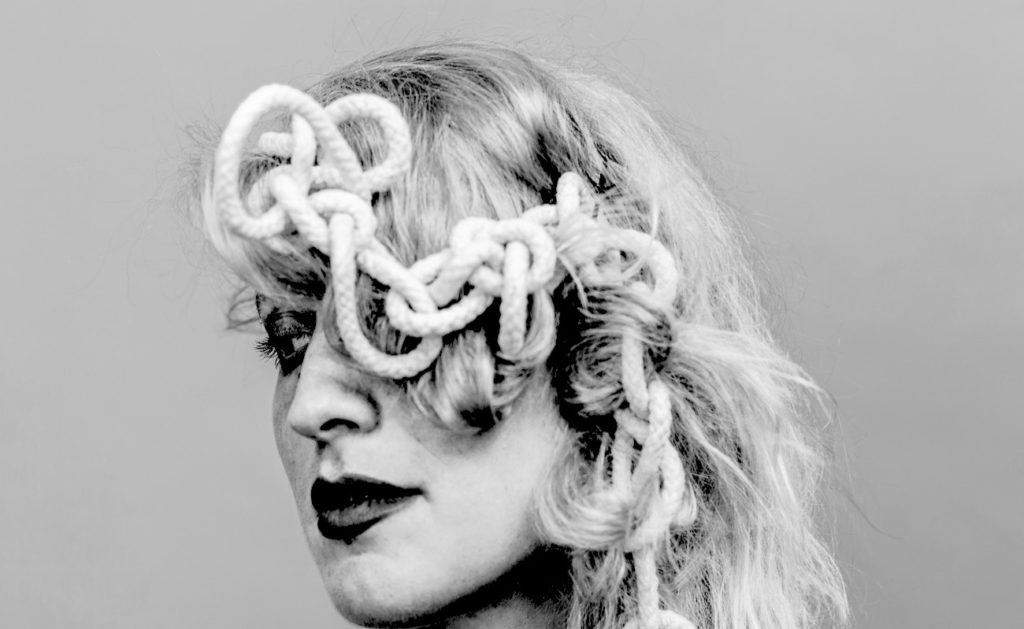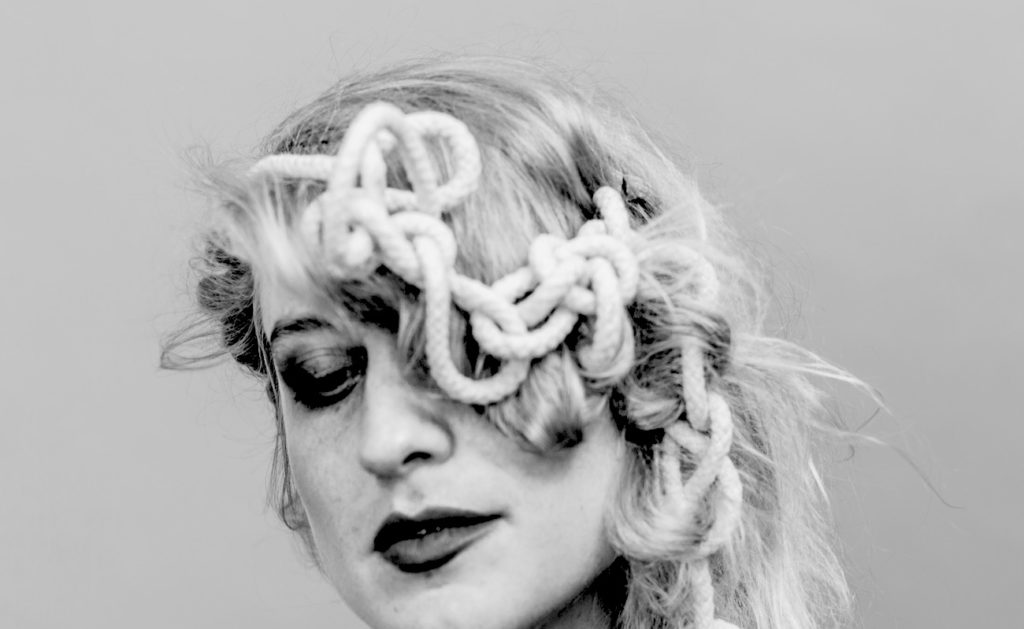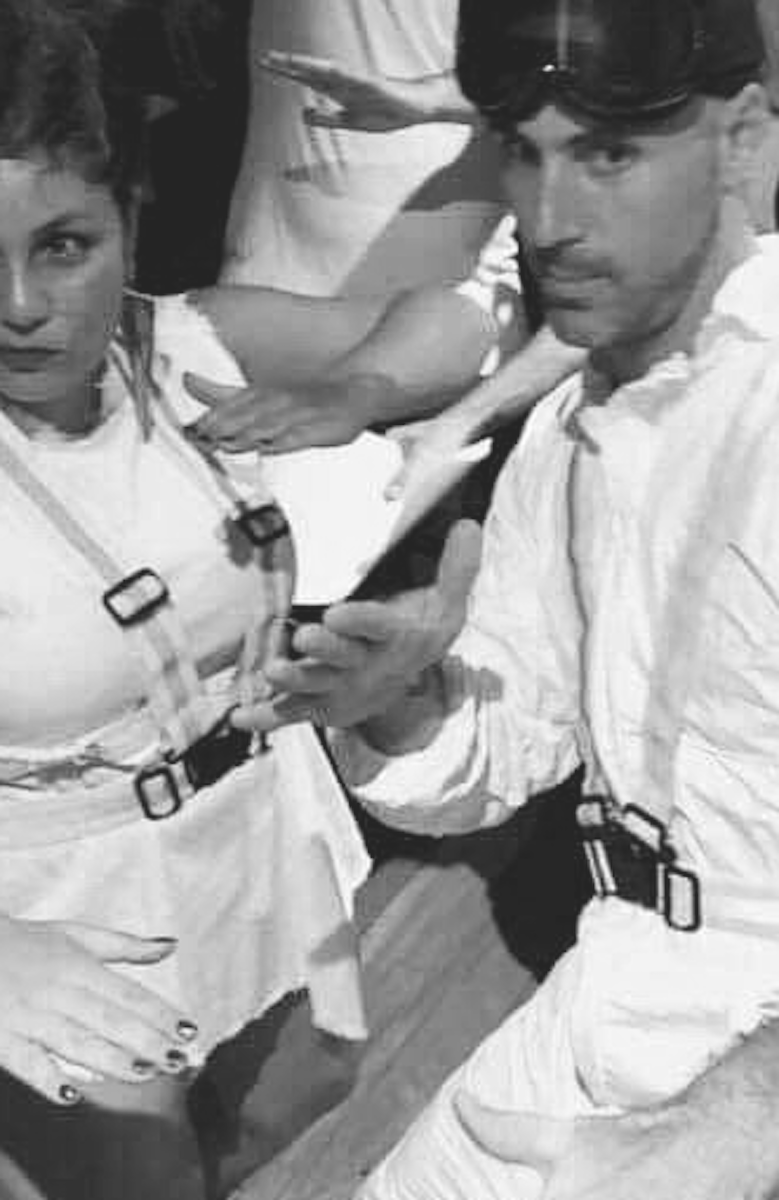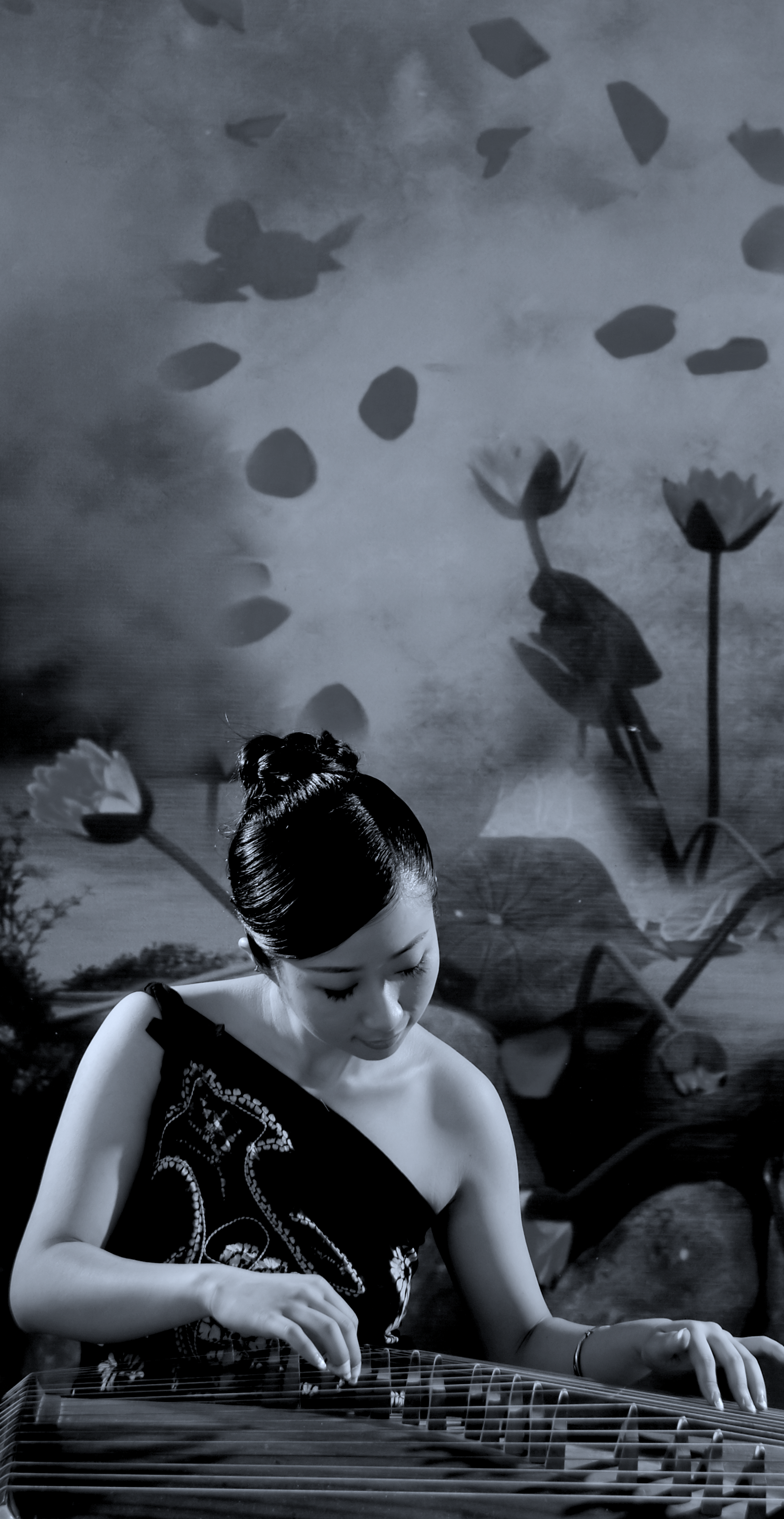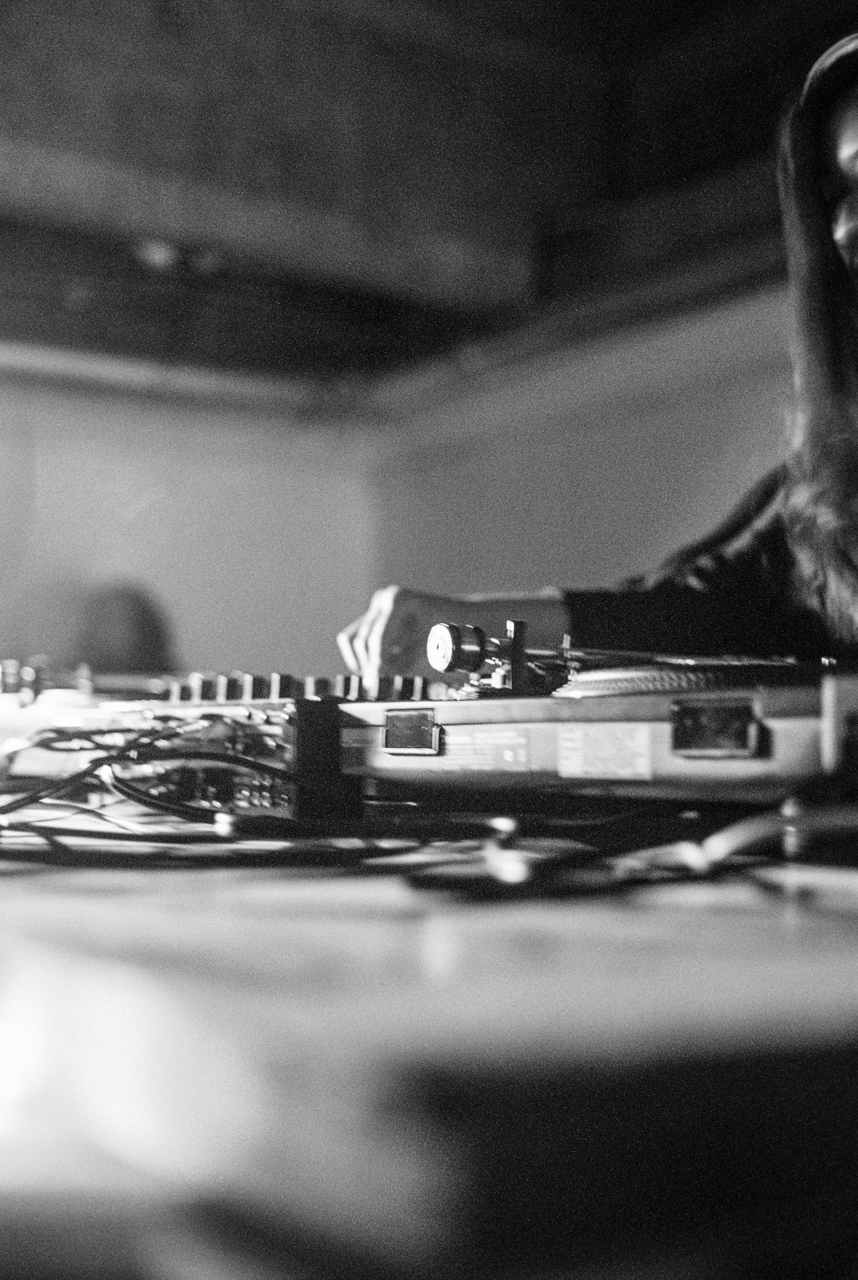THE MUSICAL BODY
Can music be used as a tool for healing, liberation, transformation, and empowerment? Charlotte Roberts, improvisational artist and experiential music educator, argues that it can do all of this and more. In The Musical Body she uses group improvised singing and story telling to encourage personal transformation and to challenge cultural myths and social norms. Listen to her music and you’ll find a playful, chaotic and soulful assortment of spoken word, layered improvised vocals, raw acoustics and synth-enthused pieces.
Yes, Charlotte Roberts is anything but ordinary! We spoke with her about the transformative, therapeutic and healing power of music, as well as her exciting upcoming album ‘Stay in Your Power.’
Tell us about yourself and your artistic background.
I have always felt drawn to relating to the world through movement, music and sound play. I think the beginnings were in the Macedon Ranges on our family farm, growing up and singing to and with the landscape, with our farm animals and my pet ducks. I think I learned a lot about my voice and being an artist at the farm. I was part of the Australian Girls’ Choir growing up and met some of my best friends there. So, I was singing world folk music, spirituals and a capella arrangements throughout my childhood as part of a community of singers.
My recent solo ‘Vocal Digs’, a 60-minute improvisation show directed by the exceptional Danielle Cresp, was a real coming out for me creatively. My single and album launches have been birthed out of me creating my own ‘Dwelling in Voice’ Residency at the BodyVoice Centre in Footscray. The process of setting up my residency has most certainly supported me to develop a more committed play-practice for my art and know more of what I want and don’t want.
How can music be used to heal?
Oh, in so so many ways; more than I can say in this interview. Music can be used to heal by an individual listening to the music they love, in more organised programs such as The Musical Body, in music therapy, through sound meditation or by being in a choir. Music is a tool for healing for personal and social transformation when there is an alignment of attention, intention and action, along with the necessary support for someone to experience change and growth.
In The Musical Body music is healing within the context of a ritual, a ‘score’ (a creative, structured and flexible inquiry linked to an intention rather than ‘sheet music’), a provocation, an adventure, an experiment and an investigation. Improvisational music, given a structure that supports playfulness, can be deeply healing and reveal previously unconscious worlds within us.
I think music is healing because it illuminates the structure and freedom in life simultaneously. When our body, breath, voice and imagination engage in a dance, a relationship, playing or co-creation of music, we can reap the benefits of music as a healing force. It can help us navigate anything and everything.
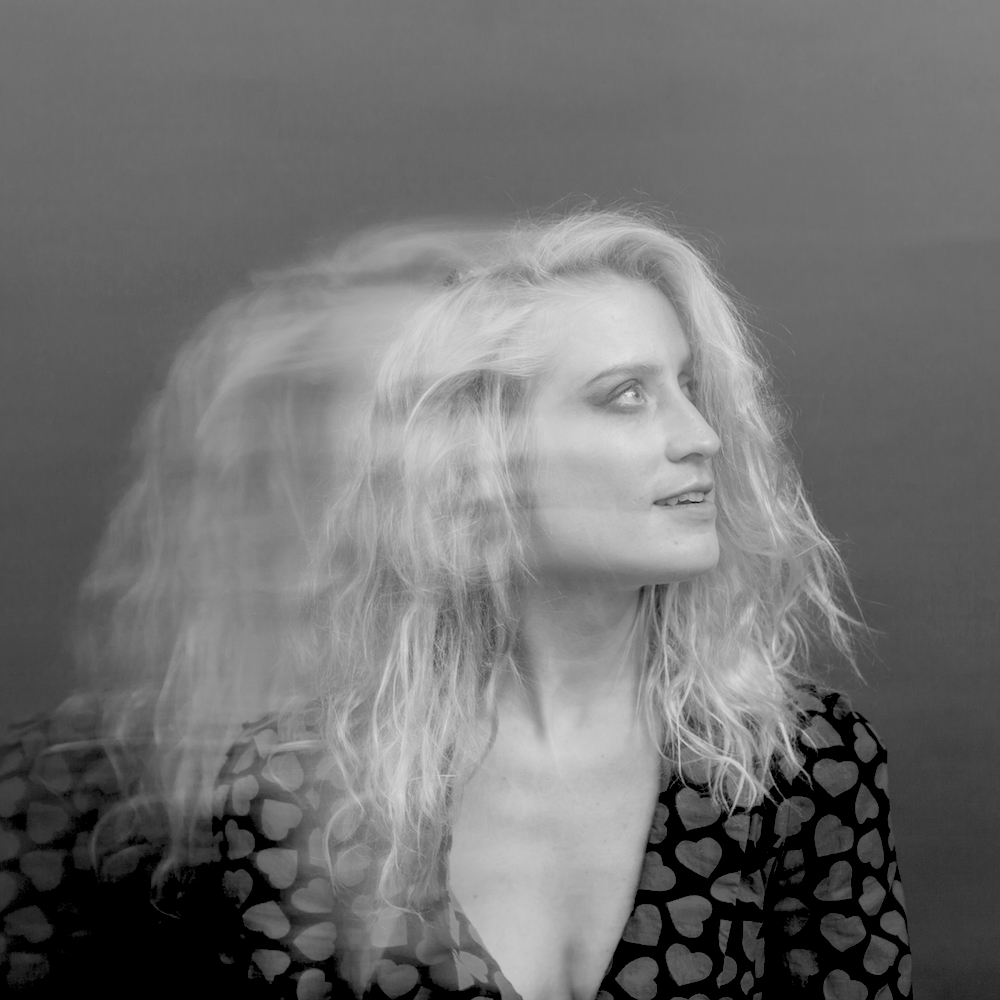
Charlotte Roberts
What’s the difference (if any) between music/arts therapy and the work you do in The Musical Body?
I think that the main difference is that I don’t currently identify as a therapist when I facilitate The Musical Body, although many students have said that the process is very therapeutic. I have studied and explored a number of arts and creative therapies that have influenced how I facilitate The Musical Body. For example; Dance Therapy, Movement based Expressive Arts Therapy, somatic therapies, massage therapies, Body Mind Centering, voice therapy, body-based therapies and water dance therapy.
I think Music Therapy and The Musical Body alike seek to debunk cultural myths and empower human connection and transformation through community and personal music play. The Music Therapy Association, as I do, advocates for a holistic and research-based look at mental health through the lens of the body and internal and external relationships that underpin it. I am committed to supporting those I work with to discover their joy in music, their innate musicality and agency in their health, wellbeing and artistry!
Tell us a bit about your upcoming album, and what inspired you to create it?
This album ‘Stay in Your Power’ has been a delightful and rich collaboration with Joe Hammond of Pots and Pans Recording Studio over the past couple of years. I am still processing the depth of artistic growth which it has created! It is really a kaleidoscope of raw acoustic pieces and more layered vocal and synth infused pieces also inspired by the relationships between body-voice-breath-sound-silence-text and imagination. I think that all the songs were written in under 10 minutes as an improvisation in one swoop of a loop or piano play-time. I learnt many of the songs so I could re-create them onto the album, which was a long process for some of the more complex vocally-layered songs for sure!
Some of the songs are almost identical to the original improvisation, and many are richer in beats and effects thanks to Joe’s incredible ear and countless hours of back and forth with edits together. The sound has been sensitively and meticulously captured and crafted by Joe, and we have collaboratively brought each song to a delicious place we are proud of! I love the dance between spoken word, vocal improv, looping, raw acoustic pieces and the characters that have emerged such as ‘Dr. Lalalulu’ on this album. It feels like a good spread of the kooky, dark, crunchy and joyful places I’ve gone to as a human – I think that is certainly a good chunk of the inspiration!
What are your goals and visions for the future?
I want to facilitate groups that would really enjoy and benefit from The Musical Body work. I want to keep developing my improvisational vocal art performances and sharing them with the world, as long as I am growing from the process and enjoying them. I want to continue to collaborate with other improvisational artists in Melbourne and around the place. I want to publish ‘Vocal Digs’ an album of live improvised performances/songs. I also want to publish an album or two from the songs saved on my iPhone which are calling out ‘share me!’ I want to train leaders, artists, therapists, educators, health professionals, community workers and music therapists in working with The Musical Body work with individuals and groups.
If I only get to living and loving people, teaching The Musical Body, performing occasionally, making another album, contributing positively to the environment and other’s lives, and living a lush, feeling, healthy, dancing and growth-filled existence: I think I’ll be content!! Like my Grandad used to say after he’d share Rudyard Kipling’s ‘Six Honest Serving Men’ poem with me: ‘there’s a time for asking questions, and seeking, and there’s a time to rest and listen.’
